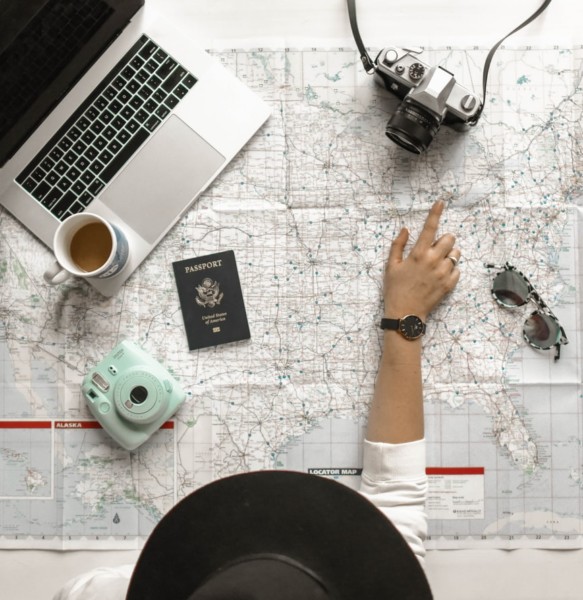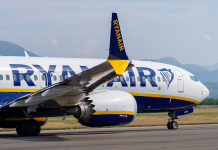Traveling can be refreshing, but frequent flyers might reap these relaxing benefits more than others. Once you factor in the unfamiliar ambiance, limited funds, and time spent arriving and departing, the entire excursion can be pretty cumbersome.
Luckily, you can have fun wherever you go as long as you stay prepared. Here are a few common causes of travel stress and tips for reducing it.
Preparing your home for travel
Leaving your home unattended while making your extravagant getaway can cause worry. Anything could happen when you leave your property vacant and vulnerable, and this threat can extend even beyond break-ins and home invasions.
For example, the most common predicament many travelers endure is the porch pirate. When you leave your house vacant, your packages and mail could fall victim to opportunistic thieves.
Fortunately, your mail does not have to go unmanaged while you are away. Digital mailboxes are an easy way to keep the concern at bay while you’re on the move. Using tools like the iPostal1 digital mailbox, you can remotely monitor your mail, receive packages securely, and prevent theft.
Managing your funds for food and lodging
Depending on when and where you choose to travel, your finances often determine how your journey looks. Likewise, traveling means taking time off and making less money. If you’re low on funds, consider waiting to take a trip.
If you feel financially stable enough to venture forth, write out a daily budget based on the length of your trip and use it as a reference to keep your money (and your worries) in check.
Dealing with airport obstacles and general anxiety while flying
The airport is easily one of the worst stressors for several reasons. Everyone’s rushing, the restaurants and shops are wildly overpriced, and Transportation Security Administration (TSA) could generate further delays.
The best course of action is to arrive at the airport no less than an hour and a half early. For anyone with a fear of flying, keep in mind that you are more likely to have a severe incident in your own bathroom than on an airplane. Also, check over all of the TSA guidelines before you arrive to avoid any frustrating security delays.
Adjusting your daily routine depending on the length of your stay
When you force yourself outside of your home, you compromise your daily routine. The time zone and where you bathe, eat, and sleep are all going to be different from what your body recognizes.
Some of the best ways to combat this obstacle are setting an alarm and creating an itinerary. It’s often therapeutic when you plan your activities ahead of time.
Navigating an unfamiliar place with a possible language barrier
The most common issue of traveling is adapting to a new environment where the locals may not speak your native tongue.
Bringing a dictionary, downloading a language app, studying the basics in advance, or even actively listening are all fantastic ways to enhance your experience when you and the residents can’t communicate directly.
Assuming your itinerary will fall through
Many vacationers psych themselves out on their trips. Overthinking causes mishaps that are easily avoidable 90% of the time. The most beneficial thing you can do for yourself is to remain calm.
Try not to overwork yourself with an extensive itinerary of activities. That Broadway performance might be a must, but that doesn’t mean you have to tackle it and the enormous art museum on the same day.
Before you go
Now that you have all the tools necessary for a successful trip, where will you go? Create a list of premium spots to consider when planning your latest adventure. Using these tips, you can leave your worries at the gate the next time you fly off on a new venture.
Escape the ordinary and discover the extraordinary! From bustling cities to serene landscapes, every journey begins with a single step—let us guide yours. Enjoy curated itineraries, hidden gems, and hassle-free bookings designed for explorers at heart. Whether it's a weekend getaway or a globe-trotting adventure, your Next unforgettable experience is just a click away.










